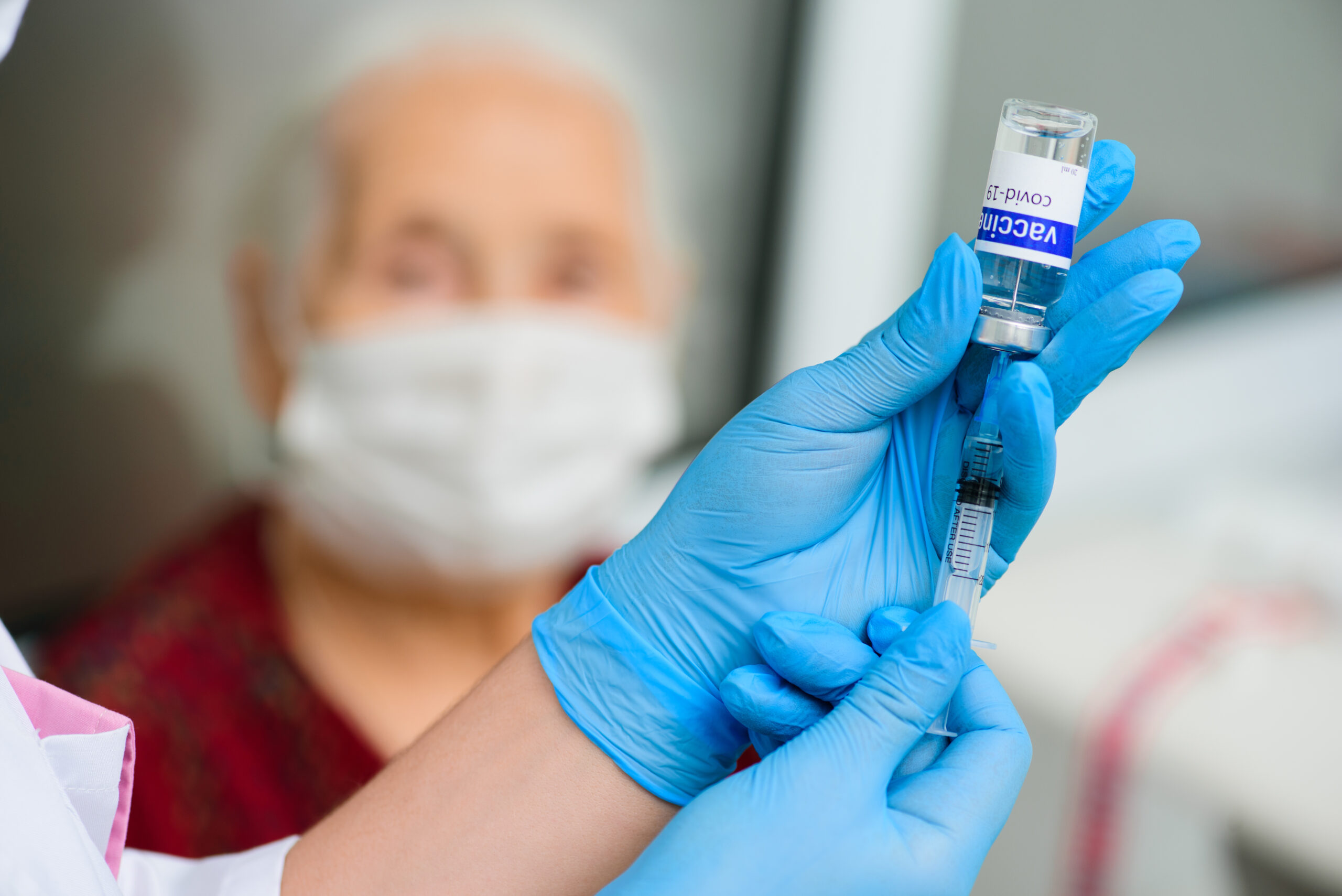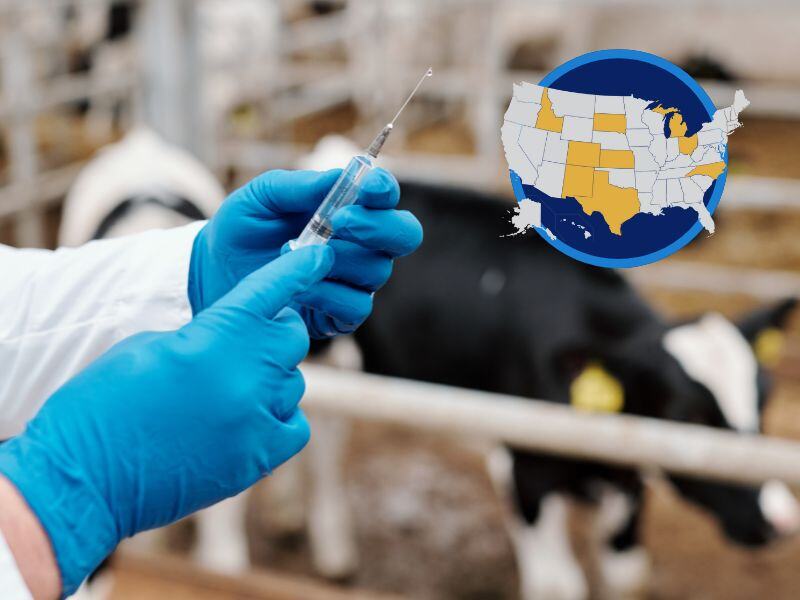Q & A with Derek O'Hagan

In anticipation of our Vaccines Europe: In-Person event on 29 - 30 November 2022 in Berlin, Germany, we sat down with Derek O'Hagan, Senior Advisor at GlaxoSmithKline Vaccines, to hear his thoughts on how the vaccines landscape has evolved over the past couple of years.
Increasing awareness in vaccines can largely be attributed to the recent coronavirus pandemic. But what is the future of vaccine development, and what emerging technologies are on the horizon?
1.) How Did you Get Into Working Within the Vaccines Space?
“I guess I am something of a rarity in that I’ve spent my whole career in the vaccines space — so it was a very specific decision. Even going back to my PhD, I specialised in vaccine delivery. You could argue that I’m still working on the PhD 35 years later because I am still very focused on that technology.
- Most Anticipated Presentations from Upcoming Vaccines Europe
- FDA Approves GSK’s MMR Vaccine
- The Future of COVID Vaccinology
At the time I was actually working as part of a drug delivery group, but I chose to venture off into vaccines which was pretty different and radical for that department. Fortunately, my professor said ‘sure, give it a go. I don’t know too much about it but maybe I too will learn something along the way’. So, to his credit, he enabled me to take a different direction and choose to focus on vaccines.
And to me it was all about the impact on human health. Second, to only clean water supply, vaccines provide the opportunity for people to be protected against infectious diseases. The decision was very semi-political; vaccines are key to providing the biggest impacts on world health. I was aware of this very early on in my career; I wanted to work in vaccines, and I have not veered off that path since.”
2.) How Has the Field Changed Since the Pandemic?
“I’ve been in this business a long time, so there’s been a lot of changes. The changes and developments are sometimes very quick. However, I have also witnessed an evident lack of interest in vaccines. There was a time where vaccines weren’t perceived as attractive because they were not seen to be revenue-generating compared to alternative products.
Vaccines are key to providing the biggest impacts on world health
And then, obviously, there have been some more radical changes. Even going back to the swine flu pandemic in 2009, there was suddenly a huge investment in immunisation. And it was the recognition that ‘hey these pandemics can really happen’. People were really scared, and it was this idea that something unknown had emerged and could radically change society.
There was lot of news about vaccines at the time and then suddenly all that dissipated. Scientist of course were still saying ‘look this hasn’t gone away, it is still out there’. There was genuine concern within the scientific community that a highly pathogenic virus could start circulating. Then it did.
Now, obviously the interest in vaccines is radically different. You can barely go out to dinner or have a conversation with someone without the topic of vaccines coming up. The level of interest is remarkably high.
Now that everyone has been immunised, it is suddenly clear just how much the vaccine has transformed society. We are suddenly very engaged with the field and there has been a huge investment in the technologies available and how many companies now work in vaccine development.”
3.) What Are the Future Opportunities For the Vaccines Field?
“I think more vaccines will emerge to help address current unmet medical needs. For instance, there is an increasing trend for vaccines treating antimicrobial resistance. This is because in recent years, there has been this emerging problem where antibacterial protection is becoming tougher and tougher.
In the future, I see a broader, more diverse utilisation of vaccines.
It's as if the bugs are outcompeting the ability of antibacterial which in a hospital setting causes multi-drug resistance. There is now a lot of effort being made in trying to tackle this with vaccines, especially with monoclonal vaccines.
Whilst cancer vaccines are notoriously difficult to develop, there is already recognition happening for the therapeutic vaccines against chronic infectious diseases. As many will know, one of the most successful vaccines is GSK’s SHINGRIX, which is a recombinant protein and adjuvant and has shown effective action against shingles and age-related decline.
In the future, I see a broader, more diverse utilisation of vaccines. I think the evolution we are going to see will be the vaccine being incorporated into different therapies as a key component”.
Vaccines Europe:
O'Hagan will be presenting on ‘The Science Of Vaccine Adjuvants’ at our approaching Vaccines event this November. Vaccines Europe is an intensive 2-day in-person conference that delves into the latest in vaccine research, platform technologies, analytics, and vaccine development.
A meeting place for experts working within cutting-edge vaccine research and development, presentations will delve into the different applications of vaccines in therapeutics. From antibodies against infectious diseases and T cell vaccines to adapting vaccines against new variants and developing vaccines for antimicrobial resistance pathogens, Vaccines Europe will provide a unique opportunity to gain a comprehensive understanding of the current and future vaccines landscape.
With a high-quality programme devised with the help of our esteemed advisory board, this is a not-to-miss conference. Sign up for the brochure HERE and register HERE today.
For more information on Oxford Global’s Biologics event series, visit: https://oxfordglobal.com/biologics/upcoming/









